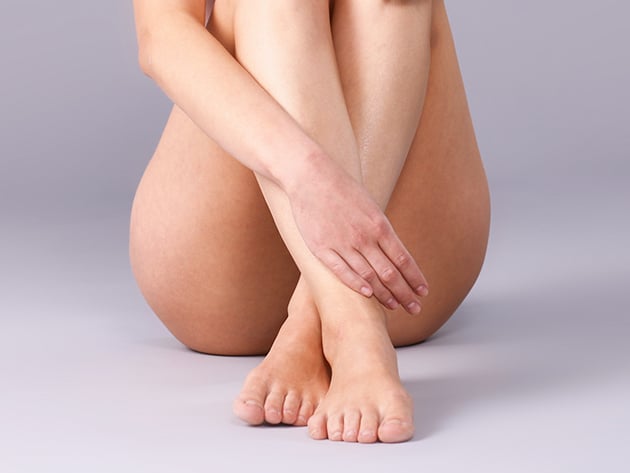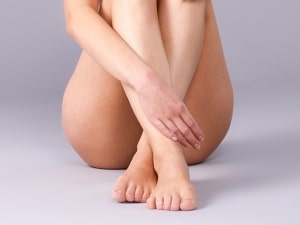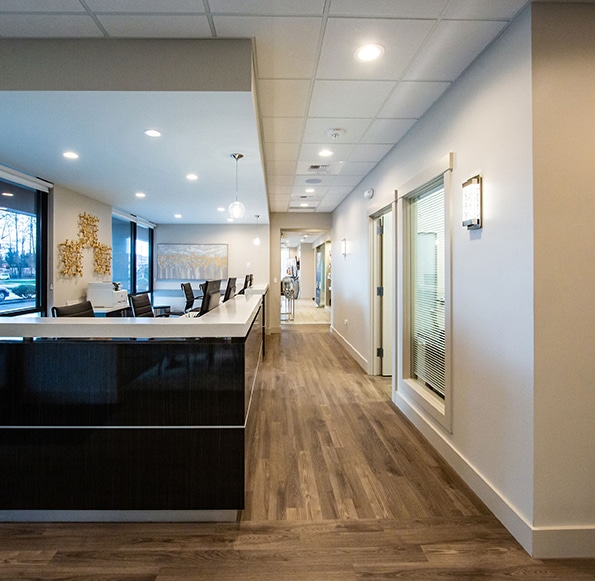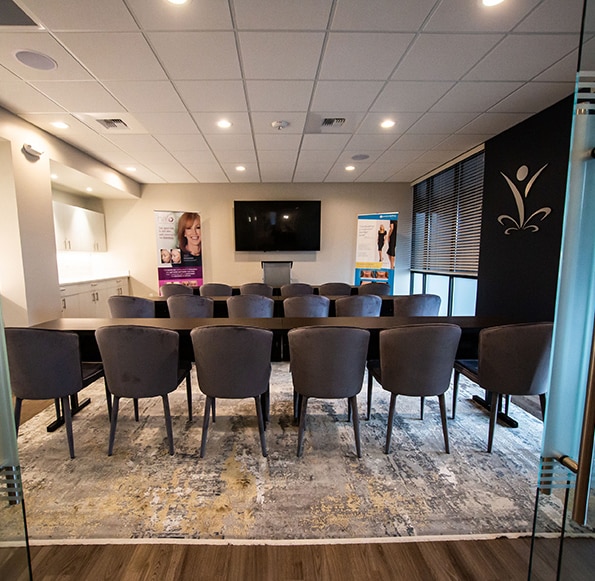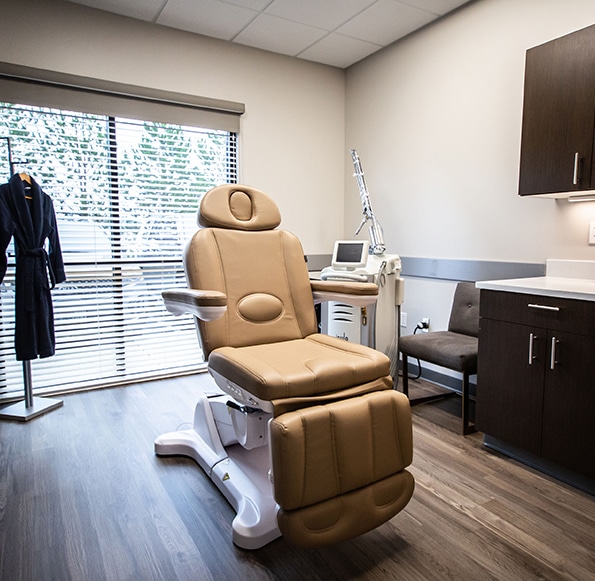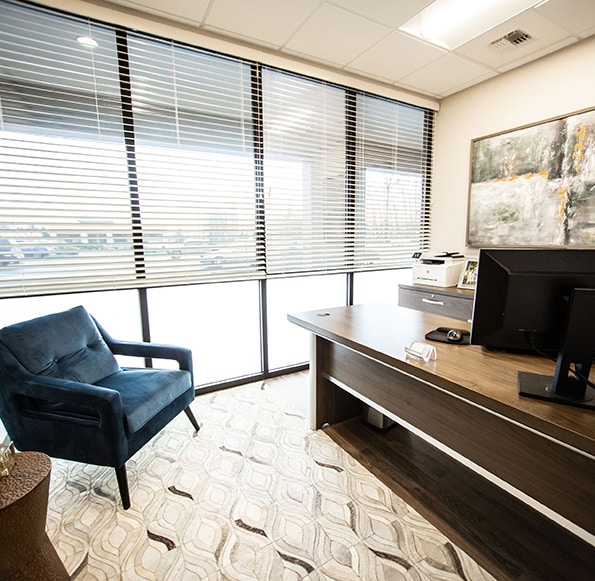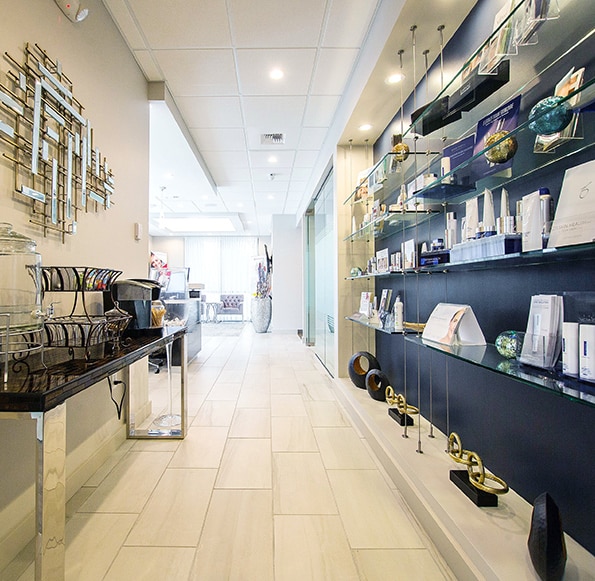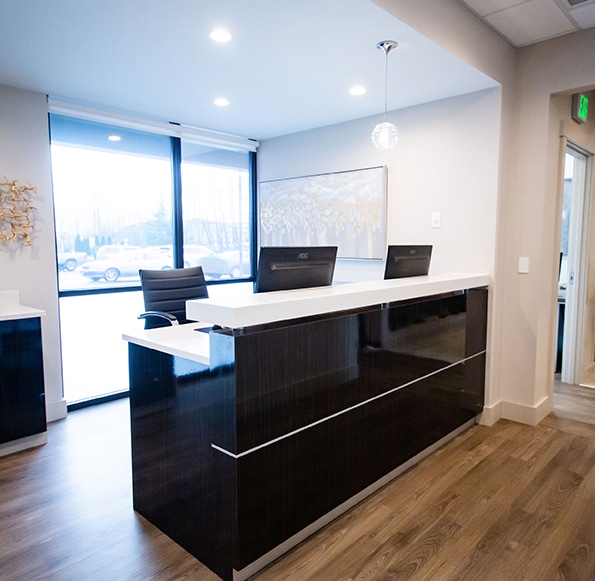The Science Behind Urinary Incontinence
Urinary incontinence is when there is involuntary leakage of urine due to loss of support of the urethra or from uninhibited contractions of the bladder muscle. The amount of leakage can be quite small, for example when one coughs or laughs. However, the amount of leakage can be extreme when there is complete inability to control the bladder muscle.
The most common causes for women to have urinary leakage include hormone changes, childbirth, hysterectomy, obesity and even smoking.
Men are also affected, usually because of coexisting conditions such as prostate cancer (and its treatments), strokes, multiple sclerosis and other medical issues.
Non-Surgical Treatments for Urinary Incontinence
The Science Behind Urinary Incontinence
Urinary incontinence is when there is involuntary leakage of urine due to loss of support of the urethra or from uninhibited contractions of the bladder muscle. The amount of leakage can be quite small, for example when one coughs or laughs. However, the amount of leakage can be extreme when there is complete inability to control the bladder muscle.
The most common causes for women to have urinary leakage include hormone changes, childbirth, hysterectomy, obesity and even smoking.
Men are also affected, usually because of coexisting conditions such as prostate cancer (and its treatments), strokes, multiple sclerosis and other medical issues.
Non-Surgical Treatments for Urinary Incontinence
Fast Facts
Urinary incontinence can contribute to decreased self-confidence, depression, poor sexual health and an overall decreased quality of life.
Over 40% of women ages 30-80 report urinary incontinence interferes with their daily activities.
Urinary incontinence in men increases with age but up to 17% of men may have this condition at some point in time.
Real life patient stories
“I could never be more than a few feet from a bathroom. It felt like a life sentence. Dr. T really listened to what I was dealing with; she put together a treatment plan for me and now I can sleep through the night!”

